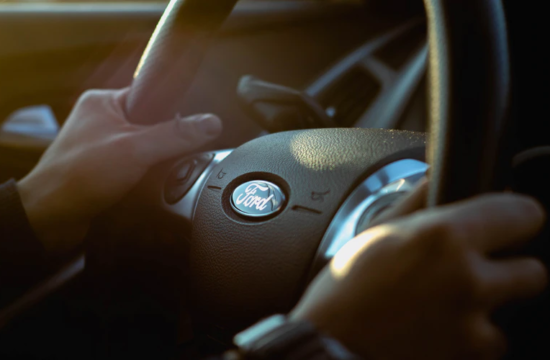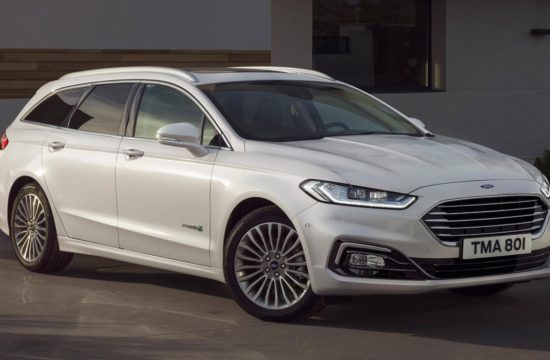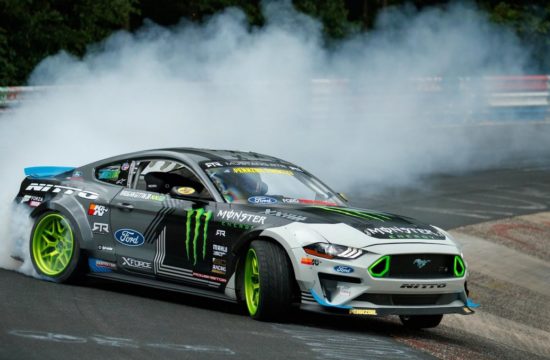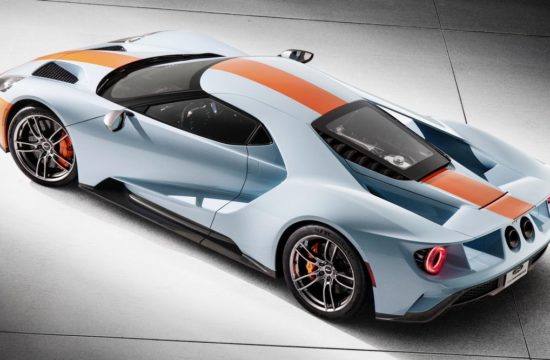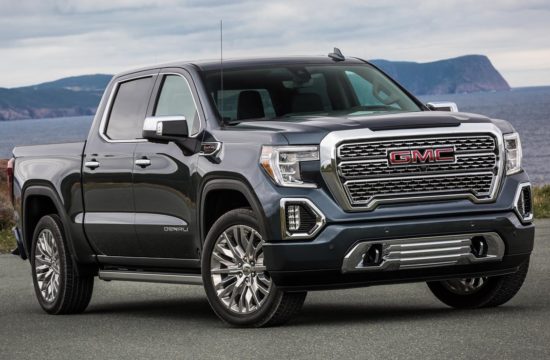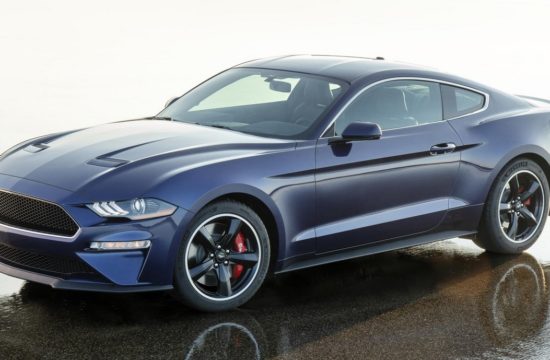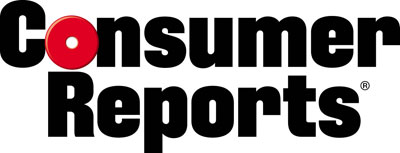
Consumer Reports announced results of the 2010 Car Reliability Survey, which is one of the most trusted of its kind in the world. The upshot of this report is that American manufacturers are now amongst the most reliable brands. The new General Motors has significantly improved as eighty-three percent of Chevrolets, GM’s major brand, now have average or better scores in predicted reliability, up from 50 percent last year.
And so has Ford, beating Mazda and Nissan and ranking just below Lexus. Its quality renaissance has been led by the Fusion, a design that has been very reliable since its debut five years ago. Ford vehicles are tops for reliability in two categories: family cars (Fusion
Hybrid) and large SUVs (Ford Flex EcoBoost).
In the new survey, based on 1.3 million vehicles, ninety percent of Fords, including Lincoln models, have at least average reliability.
“General Motors and Ford have taken different paths to improving reliability,” said David Champion, senior director of Consumer Reports Auto Test Center. “Some of GM’s redesigned vehicles have scored well. The company has also dropped many of its below-average models. Ford has put its emphasis on fine-tuning existing platforms and limiting the number of new-model introductions.”
The results have not been just as good for the other Detroit giant, Chrysler. The Chrysler, Dodge, and Jeep brands are saddled with dated models. Twelve of the 20 models that CR had sufficient data for rate below average in reliability. None of Chrysler Corporation’s models score above average. With Fiat’s acquisition of Chrysler, many of its products will either be replaced or redesigned in the near future.
As usual the Asian manufacturers all got high ranking. Toyota and Lexus, despite the massive recalls this year, remained among the most reliable and earned top scores in five vehicle categories: small cars (Yaris), midsized SUVs (FJ Cruiser), luxury SUVs (Lexus LX), minivans (Sienna V6, FWD), and full-size pickups (Tundra V6). Only the all-wheel-drive Lexus GS and the new Lexus IS 250 convertible are below average. The redesigned 2010 Toyota Prius, hurt by antilock brake problems on early vehicles, scored only average. That is quite a drop from previous years.
Hyundai and Kia have also done well, which is no surprise. All six new models for 2010 (Hyundai Genesis Coupe, Sonata, and Tucson; Kia Forte, Sorento, and Soul) had average or better reliability, an impressive first-year showing.
Honda as always has been a model of reliability ranking among the top four brands along with Porsche and Scion, with their models topping five vehicle categories—upscale cars (Acura TL, FWD) , luxury cars (Acura RL), small SUVs (CR-V), upscale compact SUVs (Acura RDX) and compact pickups (Ridgeline). Problems with rear brake pads help drop the 4-cylinder Accord and Acura TSX to average.
Nissan’s mainstream models scored well. The Altima and Maxima sedans; the Murano and Pathfinder SUVs all rated average or better in predicted reliability. The Titan had shown improvement in the last year or two, but both 2WD and 4WD versions have once again dropped to below average reliability. The small Nissan Cube had a below average score in its first appearance in Consumer Reports survey. The Infiniti models were all average or better.
Subaru had a good record overall, with a top rating going to the four-cylinder Legacy sedan and the non-turbo version of the Forester SUV. The WRX was the only model that rated below average.
What’s kinda shocking is the overall ranking of European models, specially the big ones. While Porsche and Volvo models are rated average or better. But Audi, BMW, and Mercedes-Benz are among the worst automakers overall in terms of reliability.
BMW had a bad year, with five of its 11 models scoring below average. While the BMW M3 topped the sporty cars category, the 1-, 3-, and 5-Series models with the 3.0-liter turbocharged (N54) engine had high problem rates related to the fuel system, among other gripes.
Six of Mercedes-Benz’s 13 models were below average, and the GLK SUV was far below average. However, the redesigned E350 sedan was above average, a promising start. The new E-Class coupe, a wholly different car from the E-Class sedan, languished in the bottom ranks.
Nearly three-quarters of the Audi models Consumer Reports analyzed were below average. The A6 with the new supercharged 3.0-liter V6 was tied with the Jaguar XF for the worst new car prediction score. Volkswagen did better, with its Golf, formerly the Rabbit, doing very well and the various Jetta models scoring average or better.

